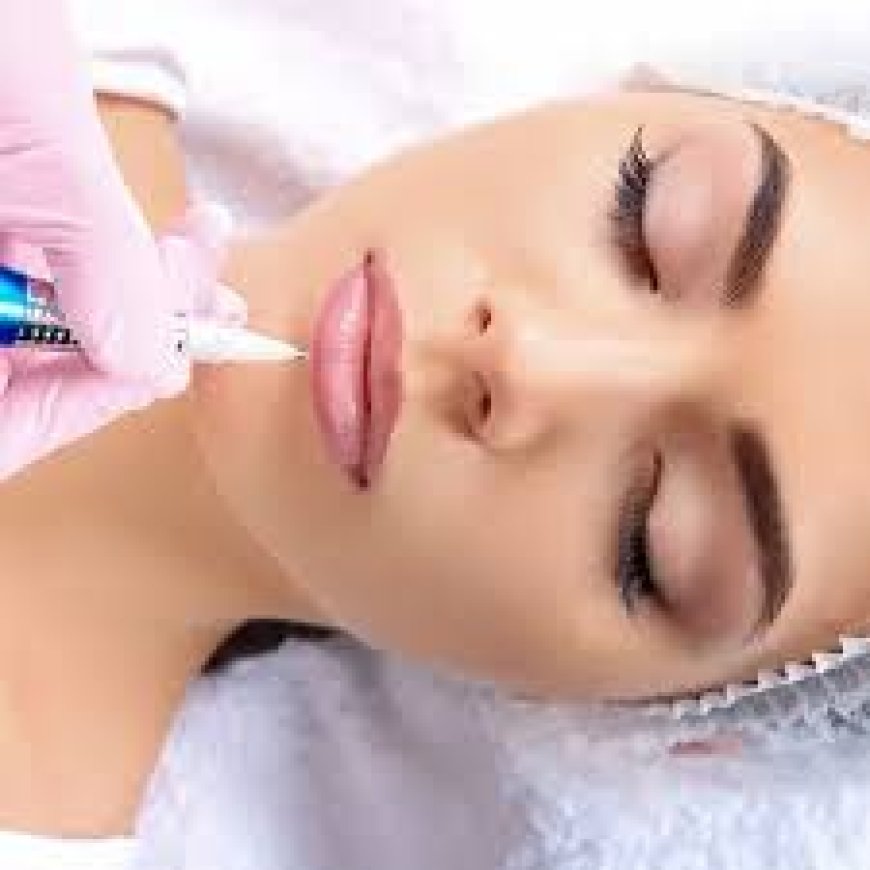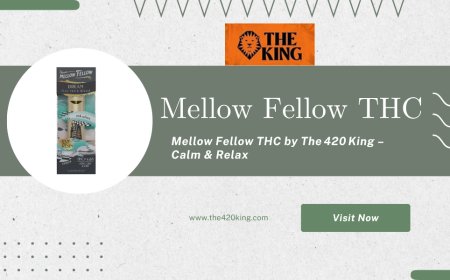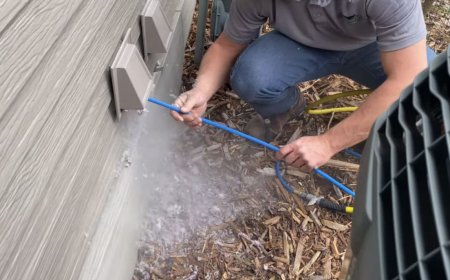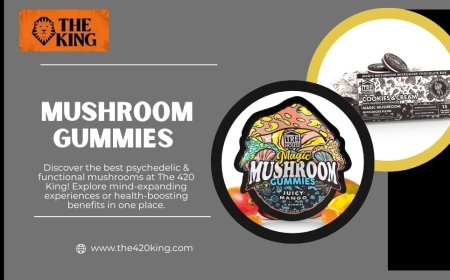Essential Tools You’ll Use and Learn About in a Permanent Makeup Course
Discover the key tools and equipment used in permanent makeup training, including digital machines, microblading pens, pigments, needles, and numbing agents—everything you need to master eyebrow, eyeliner, and lip procedures with confidence and precision.

In the world of beauty and aesthetics, permanent makeup has become a transformative art. With increasing demand for natural-looking enhancements, learning the right techniques and using professional-grade tools is essential. If youre considering enrolling in a permanent makeup course, understanding the tools youll work with is crucial for building both your skills and your confidence.
This blog reviews basic tools any future permanent makeup technician will be confronted with and will have to become accustomed to working with professionally, especially in a permanent makeup course of training.
The Foundation of Professional Permanent Makeup Tools
A quality permanent makeup course ensures that students are not only taught technique but are also introduced to industry-standard tools and how to use them properly. These tools are key to mastering procedures like eyebrow microblading, eyeliner tattoos, lip blushing, and other semi-permanent cosmetic treatments.
Lets take a closer look at the core tools youll be working with:
1. PMU Machine or Digital Tattoo Pen
The entire concept of all the semi-permanent and permanent makeup treatments centers around the digital tattoo pen or PMU machine. These machines are used to embed the pigments in the skin to a level that brings long-lasting outcome.
You will learn:
-
Unit assembly and disassembly
-
Needle depth and speed adjustment setting
-
Hygiene and maintenance process
-
Cartridge selection properly for various procedures
A good PMU machine is needed for procedures such as eyeliner tattoo, eyebrow filling, and lip pigmentation.
2. Microblading Tools
While in itself as a single entity distinct from digital tattooing, microblading is more typically included in an analysis of semi-permanent makeup.
Microblading tools include:
-
Handheld pens with interchangeable blades
-
U-shaped and angled blades to create varying hair stroke styles
-
Pigment rings or cups with easy access to pigment
Students are taught precise hand techniques to mimic the appearance of real eyebrow hairs. Learning how to angle your strokes and apply consistent pressure is a key part of hands-on practice in any comprehensive training.
3. Pigments
Pigments are specialized inks designed for permanent cosmetics. In a permanent makeup course,
youll learn to choose pigments based on:
-
Skin undertones and Fitzpatrick scale
-
Desired healed color result
-
Product composition and retention
Courses also provide knowledge about organic vs. inorganic pigments, color correction techniques, and how pigments behave over time in the skin.
4. Mapping and Measuring Tools
Precision is crucial in permanent makeup. Thats why brow mapping and facial symmetry tools are essential in training.
Tools youll work with include:
-
Calipers and rulers for measuring facial proportions
-
Brow mapping pencils and markers
-
Thread or string for marking symmetry
-
Shaping templates and stencils
These tools help create balance and structure before any pigment is applied, and students are trained to understand face shapes, brow alignment, and corrective mapping techniques.
5. Numbing Agents
Comfort is a priority in permanent makeup procedures. A permanent makeup course will cover the safe application of numbing creams and gels to minimize client discomfort.
Youll learn:
-
The difference between pre-numbing and during-procedure anesthetics
-
Safe dosages and timing
-
Ingredients to avoid for sensitive skin
-
Legal and ethical standards in your area
Timing and reaction to skin and color are addressed at a higher level.
6. Practice Skins and Mannequins
Practice skins or silicone mannequins are employed by students to practice beforehand so they can practice on live clients. They mimic the texture of skin and enable students to:
-
Mastering hand pressure and depth of needle
-
Practice shape of brow, lip line, and eyeliner placement
-
Build muscle memory and steady hand movement
These training aids are crucial in developing the confidence and consistency required for real-life applications.
7. Hygiene and Sterilization Supplies
Sanitation is a major focus in all cosmetic procedures. Youll be introduced to a full set of hygiene tools such as:
-
Disposable gloves, face masks, and aprons
-
Needle disposal containers
-
Autoclaves and sterilizing wipes
-
Barrier film and surface disinfectants
Good sanitation is not merely keeping your clients healthy, but passing licensing boards and upholding your professional reputation.
8. Lighting and Magnification
Fine detail requires the correct visual assistance. That's why lighting and magnification tools must be available in the practice room.
Standard equipment are:
-
LED ring lights that emit shadow-free light
-
Magnifying glasses or loupes that can be adjusted
-
Table lamps with integrated magnification
These minimize eye fatigue and enhance the precision of your strokes and color placement.
9. Aftercare Kits
In addition to learning how to apply permanent makeup, students are taught how to guide clients through post-procedure care. Tools and materials youll become familiar with include:
-
Healing balms and ointments
-
Cleansing wipes for fresh tattoos
-
Aftercare instruction cards and consent forms
Client education is a critical part of reducing complications and ensuring long-lasting results.
10. Semi-Permanent Makeup Tools for Advanced Training
If youre taking a Semi Permanent Makeup Course or looking for options like a Semi Permanent Makeup Course Near Me, youll also be exposed to tools for more specialized treatments such as:
-
Scalp micropigmentation pens
-
Areola reconstruction tools
-
Color correction needles and pigments
Advanced courses provide deeper insight into scar camouflage, correction of previous PMU work, and paramedical tattooing.
Final Thought: Elevate Your Career with Expert Training
These instruments being operated by hand-on training is what signifies a professional PMU artist. You may be a new name in the market or adding worth to existing services, opting for a high-standard permanent makeup course is a career-defining milestone. If you are looking for specifically in the local market, a Permanent Makeup Course Dubai possesses the ability to offer skills, technology, and hand-on training to attain global standards.
We at Alondra Academy want to provide you with full and professional training in the art and science of permanent makeup. We have structured our course to equip you with the skills, equipment, and confidence necessary to succeed in this new beauty business.


































